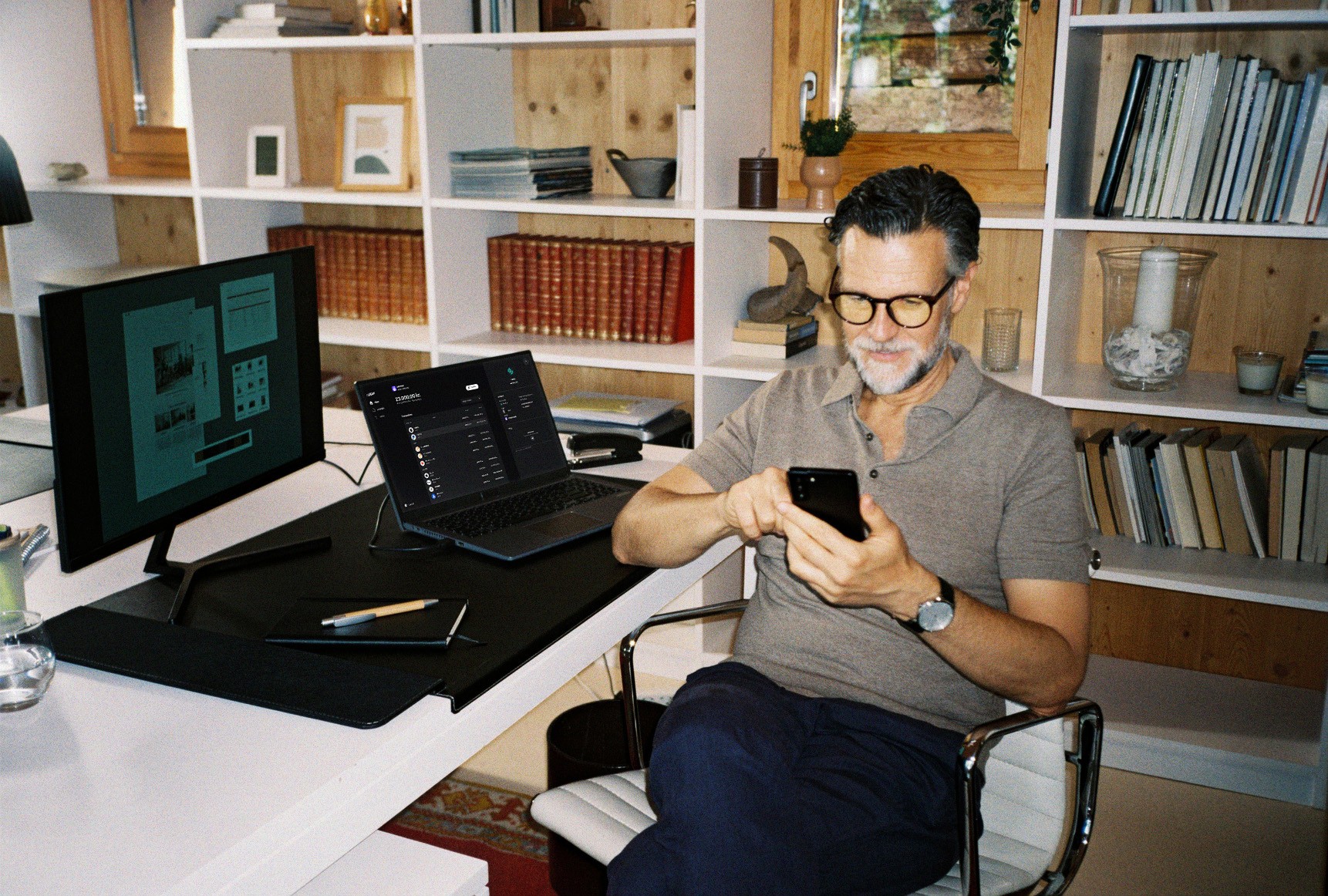Working in Denmark
How do you navigate the job market and work culture in Denmark as an expat? In this article, we will provide a comprehensive guide to working in Denmark. Denmark offers a flexicurity model and active labor market policy that focuses on flexibility and security in the labor market. This model, also called “the Danish model”, allows for high mobility between jobs and income security. This article is based on general information, and there may be special rules and circumstances that you should be aware of. This should not be considered counseling.
The Danish labor market
Denmark has a regulated labor market, and as a worker you have minimum rights regarding the working conditions, based on collective agreements - such as holiday rules, freedom of association and equality and equal pay.
The Danish flexicurity model offers a high level of security, rights and benefits for the individual employee , also making it possible to join an unemployment insurance fund that will grant the worker unemployment benefits in case of losing their job.
Finding a job in Denmark
There are resources available to help your job hunt in Denmark. Speaking Danish is not always a requirement, but it can increase your chances of finding a job.
- Job search websites: There are different job search websites in Denmark. Some of them include Jobindex and Jobnet . Simply search for job openings by keyword, industry, and/or preferred location.
- Networking: Another option to find your next job in Denmark is through networking. You can either join professional organizations or attend industry events to meet people in your field. Many people use LinkedIn for networking.
Salaries in Denmark
Denmark does not have a statutory minimum wage. Instead, wages in Denmark are sometimes, but not always, set by a collective bargaining agreement between employers and unions. There is now law dictating a company to enter into an agreement.
Historically, however, unions have used strikes and picketing to force companies into signing collective agreements. The collective agreement sets out a minimum wage for the involved workers which companies are legally obliged to abide by according to Danish labour law .
A collective agreement applies to Danish companies as well as non-Danish companies operating in Denmark.
In terms of average salaries, the average monthly wage in Denmark is 45,481 DKK before taxes (2021)Guide: Average salary in Denmark
Work permits in Denmark
If you are not a citizen of an EU/EEA country (or Switzerland) - you will need a work permit to work legally in Denmark. Several types of work permits are available that depend on your qualifications, job offer, your skills, and the length of your stay in Denmark.
If you want to apply for a work permit, there are several visa schemes to fill out, depending on your work situation. The process of obtaining a work permit can take up to a month.
Work-life and culture in Denmark
The Danish work culture is said to focus on equality, flat hierarchy with open communication, and work-life balance. Full-time employees in Denmark typically work 37 hours per week, with a minimum of five weeks of paid vacation per year.
Taxes in Denmark
When working in Denmark, you must pay taxes on your income. The tax system is progressive in Denmark , meaning the more you earn, the more taxes you pay. The taxes are used to fund many expenses in Danish society, such as the comprehensive welfare system . Read more about taxes in Denmark here.
Health insurance and social security in Denmark
Part of the tax funds is used to pay for the comprehensive healthcare system which ensures that you, as an employee in Denmark, will be covered entirely by the Danish social security system. This includes healthcare and subsistence allowance in case you fall ill or lose your job.
If you don’t have a job in Denmark, you might also have access to healthcare services. If you are a foreigner with residency in Denmark you also have access to all healthcare services.
On the other hand, If you are a foreigner who only works in Denmark – and lives in another EU/EEA country – you could be eligible for a special health insurance card. This card gives access to treatment in Denmark on the same terms as others.
Read more about health insurance in Denmark here.
Unemployment insurance
All workers in Denmark are advised to contribute to an unemployment insurance fund, which will provide financial support in the event of job loss, bringing security and stability to you as a worker. The amount of benefits you receive will depend on your previous earnings.
Read much more about unemployment insurance here.
Moving to Denmark and living in Denmark
Denmark ranks high when it comes to work-life balance, according to OECD's Better Life Index. Only about 1% of employees work very long hours which makes Denmark a family-friendly place to live . Though it’s good to remember that Denmark is also known for its high cost of living .
Read more about living in Denmark - and what you should expect.
Are you considering moving to Denmark?
Read more about the process of moving to Denmark here - and what you have to bear in mind.
Are you working in Denmark? Get your salary to a Danish bank account
Lunar is a Danish, award-winning digital bank. If you become a user, you can open a free Danish bank account that includes a digital card as well as an easy-to-use banking app. You can also open your NemKonto with Lunar, so you can receive payments from the Danish authorities.
With MitID, the sign-up process is easy and 100% digital. And if you’re approved, we can offer you an account within days instead of months.
Last updated August 16, 2023. This article is based on general information, and there may be special rules and circumstances that you should be aware of. This should not be considered counseling.
You might also like...
SU in Denmark: All about the State Educational Grant
Denmark is known for its high-quality education system. One of the benefits of studying in Denmark is the SU - The State Educational Grant...
Interest rates in Denmark
Interest rates play an important part in the Danish economy. They affect everything from the cost of borrowing money to the strength of the...
How to buy real property in Denmark
Wondering how to buy real property in Denmark as an expat? There are different things you need to keep in mind when looking to purchase...
Living in Denmark – A guide to embracing the Danish life
Are you considering living in Denmark? Denmark is renowned for its quality of life and work-life balance, and is considered one of the most...




